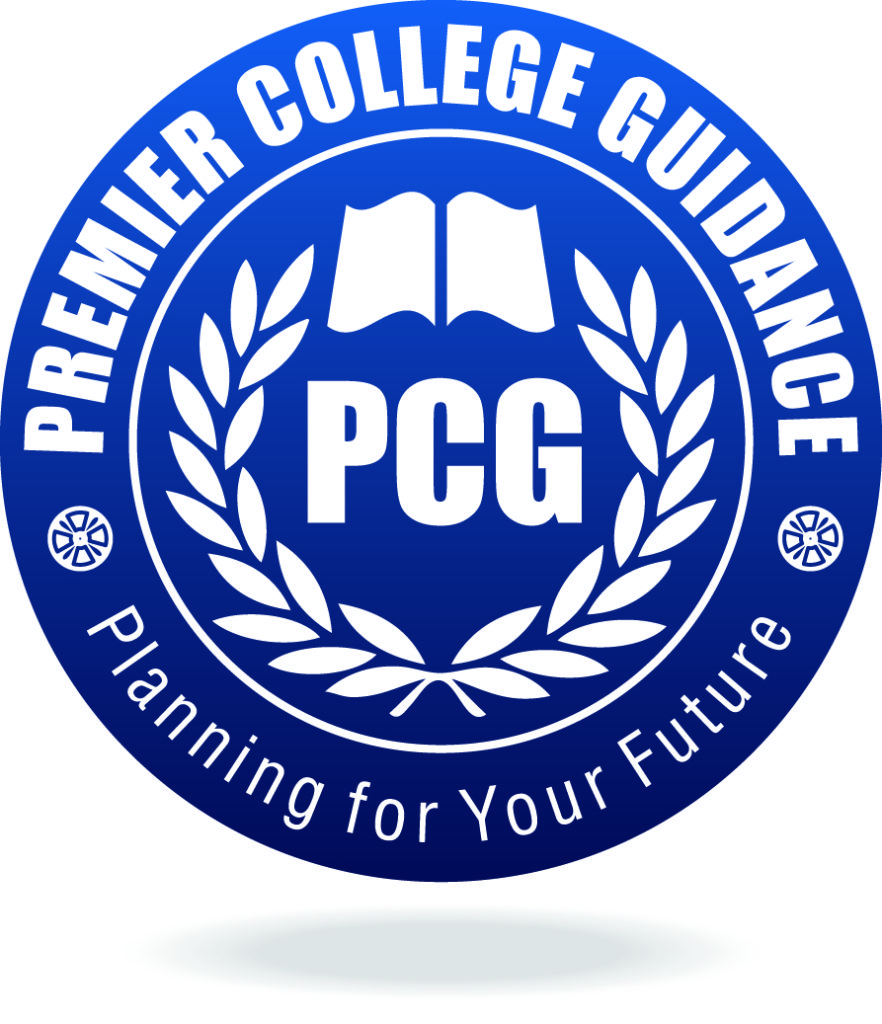Starting my career as a college consultant in 2008, I’ve witnessed the evolving landscape of higher education and the job market. Recent trends indicate that even graduates from top-tier business schools are facing significant challenges in securing employment. Here’s how we can interpret these trends to guide your child towards a sustainable and bright future in their career.
The job market has become increasingly competitive, with even graduates from prestigious institutions like Harvard, MIT, and Stanford struggling to find jobs upon graduation. Data suggests a rise in the percentage of these graduates who remain unemployed three months after completing their degrees, indicating a broader shift in employer expectations and hiring practices.
There are a few trends to watch for in the next few years. First is the shift in employer expectations. Employers are now looking beyond the prestige of a degree. They demand specific, relevant skills that are in line with current market needs. This shift emphasizes the importance of what one can do over where one studied. The next trend is the decrease in traditional hiring. Major corporations have started to reduce their hiring of MBA graduates, moving away from traditional recruitment models. This change might be due to economic adjustments or strategic shifts in business operations. Last trend I’ll mention is the role of networking. Building personal connections has become vital. Engaging with professors, alumni, and industry professionals can significantly enhance job prospects, highlighting the need for active networking throughout college.
My best suggestion for college students and their parents is to be mindful of some industries offering a more sustainable path that emphasizes skills over prestige. Encourage your child to focus on acquiring practical skills during college. Courses in emerging fields like data analytics, artificial intelligence, project management, and sustainability are highly valued. Another strategy in implementing a solid pathway for college is to gain internships packed with practical experience. From the outset of their college journey, ensure your child gains real-world experience through internships. This hands-on experience is now a key differentiator in the job market. Networking should begin early. Encourage your child to join clubs, attend industry events, and engage with alumni networks. These connections can open doors that formal job applications might not.
Parents can play a more meaningful role and help their child from slipping into the pitfall of being without a job after graduation. For instance, discuss the importance of career flexibility. Encourage exploring various interests through electives or minors, preparing them for potential shifts in industry demands. With the possibility of delayed job placement, financial planning is crucial. Talk about budgeting, the value of part-time work, and exploring financial aid options to ease post-graduation financial stress. Emphasize that learning doesn’t stop at graduation. The market’s demand for up-to-date skills underscores the need for lifelong learning. Encourage your child to use online platforms for continuous skill enhancement, ensuring they remain competitive.
I understand the concerns parents have when planning for their child’s college education, especially in today’s unpredictable job market. This journey is about more than just choosing a college; it’s about preparing your child for a future where they can thrive. With your support, strategic planning, and the insights shared here, we can invest wisely in their future, ensuring they are well-equipped with the skills, experience, and network to succeed.
As we navigate these changes together, let’s focus on developing a versatile, skilled, and connected individual, ready to face the challenges of the future job market with confidence.

Recent Comments